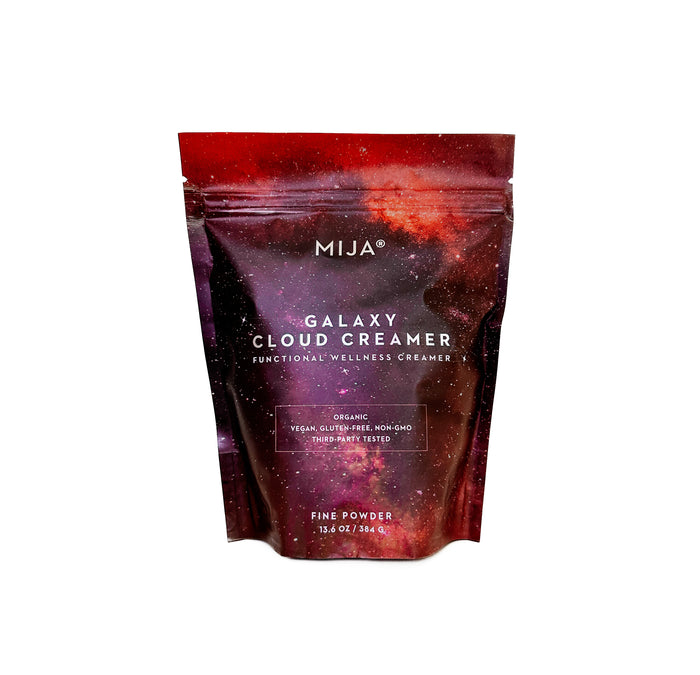

What is the Metabolism and How Does it Work?
What is it?
Metabolism is complicated and confusing and there is no one-size-fits-all answer. An easy way to think of it is there are a bunch of processes that work 24/7 to turn food into energy for our body.1,2 We need this energy for basic processes that we don’t often think about, like breathing, digesting, circulating blood, and growing and repairing cells. Metabolism affects how fast or slow our food is processed in order to be used for these various systems. This can affect our energy levels and caloric needs.2 To sum it up, we want to have a strong metabolism that optimizes our use of our food.
How Our Metabolism is Affected:

There are 5 major factors that have a big impact on a person’s metabolism: diet, activity, age, genetics, and hormones.
Diet: Your metabolism can slow down if you don’t eat enough food for your nutritional needs. When people are on a severe caloric deficit or skip multiple meals, their metabolism has the potential to slow down because it needs to preserve energy for certain bodily functions as mentioned above. Sometimes, it even starts to break down muscles to use for its energy needs, which isn’t ideal.3
Activity: Having a more sedentary lifestyle, with little to no exercise, can also lead to a slower metabolism.2 Muscles are continuously working. Even at rest, our muscles use energy and burn calories. The more muscle mass we have, the higher metabolism we will have and the better we will utilize our food. A good way to maintain lean muscle mass is to focus on resistance/strength training, which will also enhance our metabolic needs.3
Age: Research has shown that age and metabolism are closely linked. As we age, our metabolism naturally slows down. In addition, our muscle mass starts to decrease and our body’s fat distribution starts to change. When compared to younger populations, older populations, on average, have lost 0.7% to 0.8% of lean muscle mass per year.4That is a lot to lose in 1 year, so we want to do what we can to keep those muscles present.
Genetics: Our genetics affect our metabolism, which we have no control over. There are certain genes you inherit from your parents that play a part to determine whether you have a fast or slow metabolism.5 You also inherit genes that play a role in determining your body shape. For example, certain genes can play a role in deciding muscle size and your ability to build muscle mass.3 And as we have mentioned, muscle mass also plays a big role in determining our metabolic rate.
Hormones: There are many different hormones that go into regulating our metabolism. Some of them, we can semi-control and some we cannot. Examples include leptin (regulates our appetite), insulin (regulates the amount of glucose in our blood), growth hormone (helps build muscle), and thyroid.6,7 These hormones impact the rate at which our bodies utilize food for energy.6 Thyroid plays an important role in regulating metabolism. Research shows a correlation between the health of our thyroid and our energy output.7
Related Reading: Everything You Need To Know about Leaky Gut Syndrome
Practices and Nutrients to Optimize a Healthy Metabolism
While there are aspects of metabolism that we cannot fully control, like aging, genetics, and hormones, there are a few things we can do:
- Alter your diet. A diet that contains healthy fats, carbohydrates, fruits, and vegetables is beneficial to many different body systems.3 This will also help meet your daily values and caloric needs. If you feel you are struggling to meet these needs, Superstar helps fill those nutritional gaps and provides additional beneficial antioxidants and phytochemicals.
- Get adequate protein. It will help support a strong metabolism by increasing muscle mass and better utilizing our food.3 Examples include eggs, beans, fish, dairy products, lean meats, like turkey or chicken. Vegan? We have you covered with Superstar, which is formulated with nutritional yeast, one of the most complete, and bioavailable sources of plant-based protein available.
- Stay fueled. Skipping meals can allow for the body to slow down metabolism because our bodies move into preservation mode.3 Eat frequently in order to stay fueled and nourished and support your body’s energy needs.
- Exercise regularly. This can increase muscle mass and strengthen our metabolism.3,4 Doing resistance/strength training is very beneficial for maintaining our lean muscle mass and optimizing our metabolism.
Written by: Meghan Restock, dietetic intern, and Reviewed by: Sarah Koszyk, MA, RDN


Related Reading: The Best (and Worst) Foods for Gut Health
References:
1. Nakrani MN, Wineland RH, Anjum F. Physiology, Glucose Metabolism. National Library of Medicine. July 17, 2023. Accessed September 5, 2023. https://www.ncbi.nlm.nih.gov/books/NBK560599/.
2. The Truth about Metabolism. Harvard Health. March 30, 2021. Accessed September 2, 2023. https://www.health.harvard.edu/staying-healthy/the-truth-about-metabolism.
3. Metabolism: What it is, how it works and disorders. Cleveland Clinic. August 30, 2021. Accessed September 2, 2023. https://my.clevelandclinic.org/health/body/21893-metabolism.
4. Palmer AK, Jensen MD. Metabolic changes in aging humans: current evidence and therapeutic strategies. J Clin Invest. 2022;132(16):e158451. doi:10.1172/JCI158451
5. Does metabolism matter in weight loss? Harvard Health. October 6, 2021. Accessed September 7, 2023. https://www.health.harvard.edu/diet-and-weight-loss/does-metabolism-matter-in-weight-loss.
6. Department of Health & Human Services. Obesity and hormones. Better Health Channel. April 2, 2001. Accessed September 7, 2023. https://www.betterhealth.vic.gov.au/health/healthyliving/obesity-and-hormones.
7. Mullur R, Liu YY, Brent GA. Thyroid hormone regulation of metabolism. Physiol Rev. 2014;94(2):355-382. doi:10.1152/physrev.00030.2013




